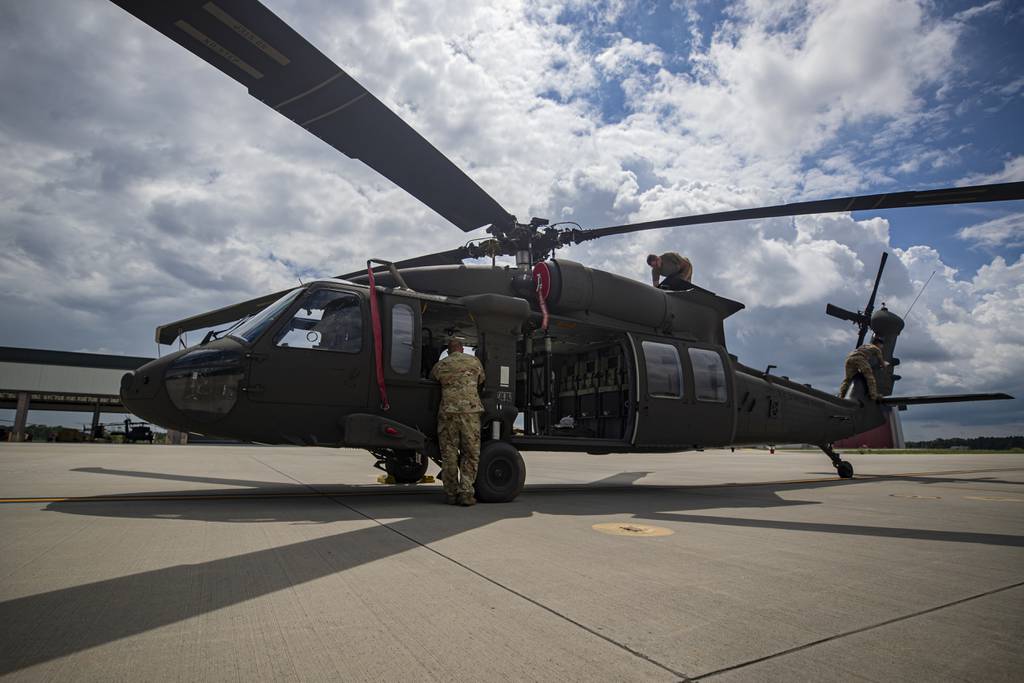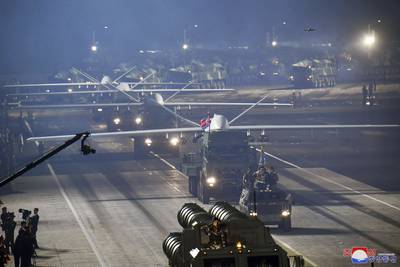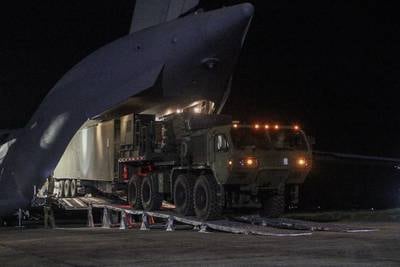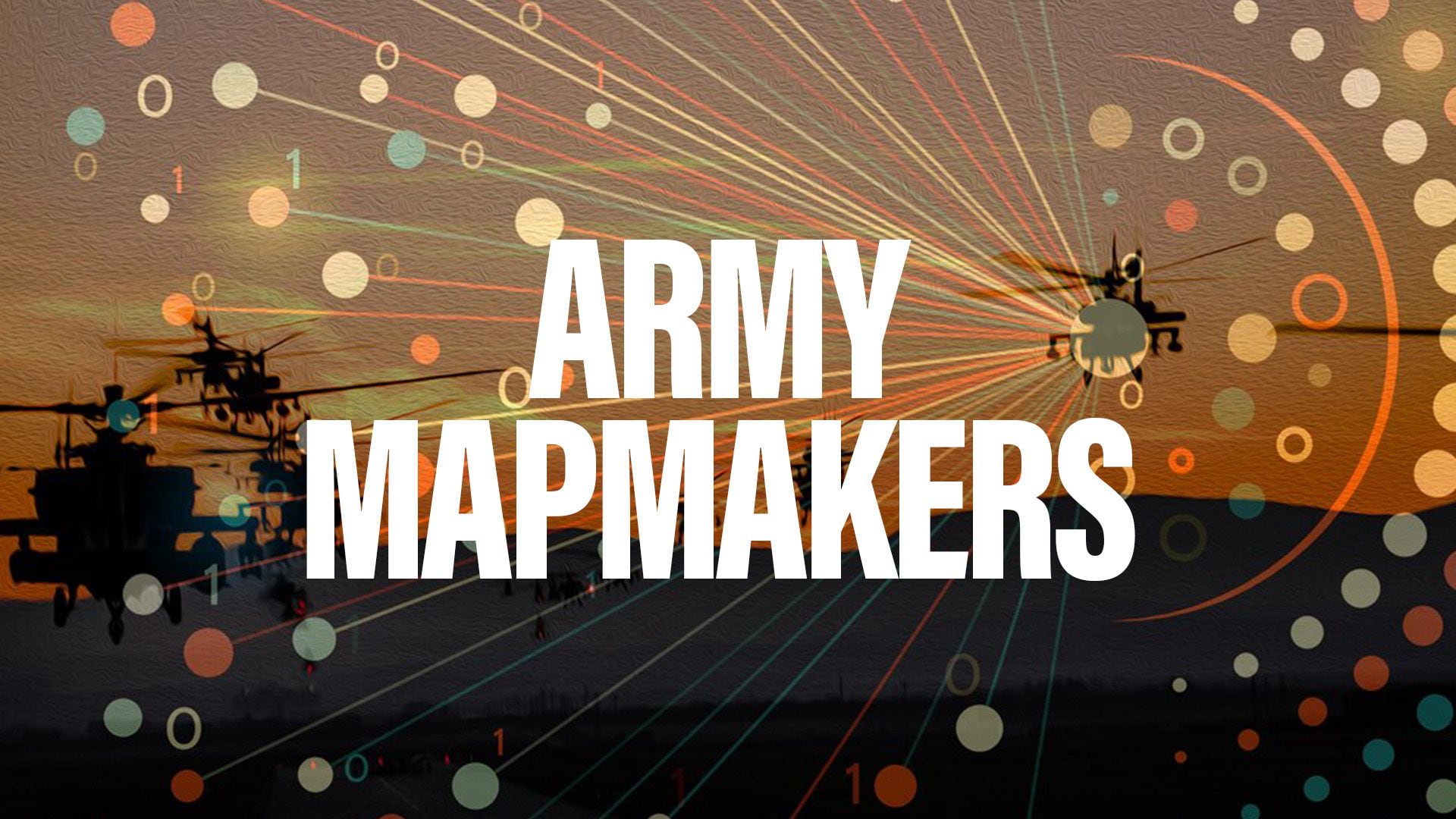Army officials have agreed to a five-year, $85.1 million contract with Palantir Technologies to better forecast equipment maintenance and force readiness through predictive modeling software that sifts through reams of data collected by the service.
Officials hope to find efficiencies and problem points within the Army’s supply chain, and cut down on the amount of time units are sidelined because of missing parts or unscheduled breakdowns.
The move comes after pilot work by Palantir with Army Materiel Command that will now expand into additional monitoring of maintenance, sensor and supply data.
In a statement, Palantir President Akash Jain said the move will “support the AMC’s predictive maintenance and supply chain optimization efforts.”
RELATED

A senior leader familiar with the project said the software has been used for years in the commercial sector, particularly in the aircraft industry. The Air Force and the Defense Innovation Unit, the Pentagon’s Silicon Valley arm, have also invested in similar capabilities in recent years.
Officials hope the new Army contract will bring the technology not just into that service, but eventually the rest of the military as well.
The crux of the deal lies with Palantir’s software, which will be used to deploy artificial intelligence and machine learning capabilities and a secure environment in which the materiel command and its partners can develop and test models.
The Department of Defense has for years recognized the value of AI — on and off the battlefield — and is investing both money and manpower in pursuit of its best application. Deputy Secretary of Defense Kathleen Hicks in documents published earlier this year said an embrace of AI is needed “to maintain our military advantage in a digitally competitive world.”
The Pentagon’s public spending on AI, including autonomy, grew from a little more than $600 million in fiscal 2016 to $2.5 billion in 2021. As of April 2021, more than 600 AI projects, including a handful tied to major weapons systems, were underway, according to a Government Accountability Office tally.
Palantir in 2016 won a lawsuit against the Army concerning their procurement procedures involving AI systems. Since then, the firm has received multiple contracts with the service.
Palantir in late September announced the Army Research Laboratory would extend its work with the company, as the Defense Department continues to test, implement and expand its usage of AI and machine learning.
The contract, Palantir said in an announcement, is worth up to $229 million over the course of one year. The Denver-based firm first partnered with the lab in 2018.
Palantir is also working alongside BigBear.ai to roll out the Army’s Global Force Information Management system, designed to provide service leaders an automated and holistic view of manpower, equipment, training and readiness.
BigBear disclosed the nine-month, $14.8 million arrangement Sept. 29.
Leo covers Congress, Veterans Affairs and the White House for Military Times. He has covered Washington, D.C. since 2004, focusing on military personnel and veterans policies. His work has earned numerous honors, including a 2009 Polk award, a 2010 National Headliner Award, the IAVA Leadership in Journalism award and the VFW News Media award.
Colin Demarest was a reporter at C4ISRNET, where he covered military networks, cyber and IT. Colin had previously covered the Department of Energy and its National Nuclear Security Administration — namely Cold War cleanup and nuclear weapons development — for a daily newspaper in South Carolina. Colin is also an award-winning photographer.








